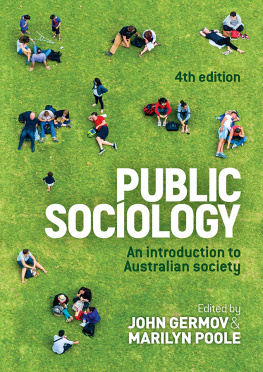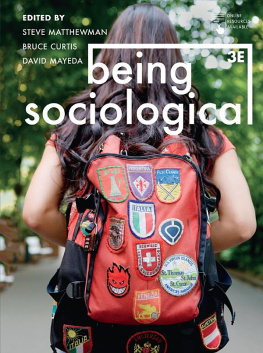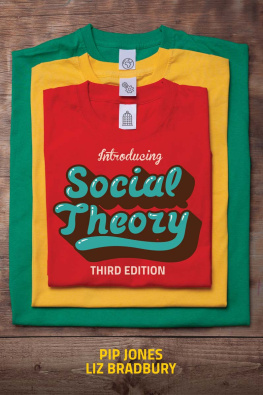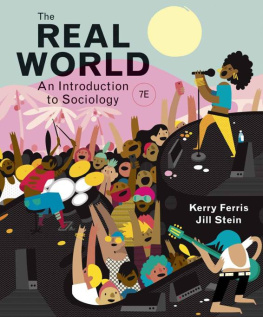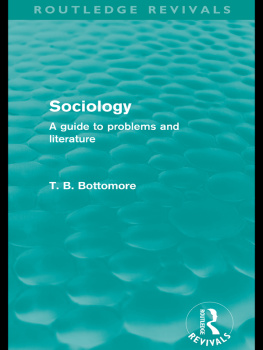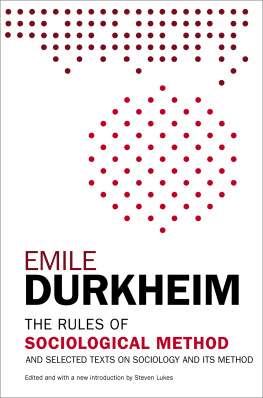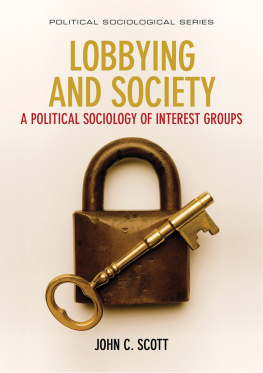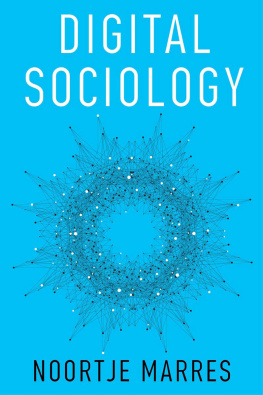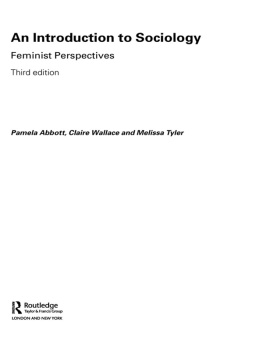John Germov is Professor of Sociology, Provost and Deputy Vice-Chancellor (Academic) at Charles Sturt University. He is the author and editor of 24 books including Second Opinion: An Introduction to Health Sociology, A Sociology of Food and Nutrition: The Social Appetite (with Lauren Williams), Histories of Australian Sociology (with Tara McGee), and Hunter Wine: A History (with Julie McIntyre).
Marilyn Poole is an Honorary Associate Professor of Sociology at Deakin University. Although now retired, Marilyn has long experience in the community sector and continues to work on advisory committees, particularly in the areas of health and community strengthening. She is author of IdolsIdealsIdentities: Women in Society, co-editor of Sociology: Australian Connections (with Ray Jureidini) and A Certain Age: Women Growing Older (with Susan Feldman), and editor of Family: Changing Families, Changing Times. She was a member of the Professional Education Taskforce that produced Family Violence: Everybodys Business, Somebodys Life.
This edition published in 2019
Third edition published in 2015
Second edition published in 2011
First edition published in 2007
Copyright John Germov and Marilyn Poole
Copyright of individual chapters remains with authors
All rights reserved. No part of this book may be reproduced or transmitted in any form or by any means, electronic or mechanical, including photocopying, recording or by any information storage and retrieval system, without prior permission in writing from the publisher. The Australian Copyright Act 1968 (the Act) allows a maximum of one chapter or 10 per cent of this book, whichever is the greater, to be photocopied by any educational institution for its educational purposes provided that the educational institution (or body that administers it) has given a remuneration notice to the Copyright Agency (Australia) under the Act.
Allen & Unwin
83 Alexander Street
Crows Nest NSW 2065
Australia
Phone:(61 2) 8425 0100
Email:
Web:www.allenandunwin.com

ISBN 978 1 76063 254 0
eBook ISBN 978 1 76087 034 8
Cover and internal design by Squirt Creative
Cover photograph: Shutterstock
TABLES
FIGURES
Welcome to the fourth edition of Public Sociology. Well over a decade has passed since the first edition was published and we continue to be pleased by the positive responses to the book, which have made it one of the foremost introductory sociology texts in Australia.
While the book continues to present a wide range of sociological topics in a user-friendly and accessible way, we have taken the opportunity to carry out some extensive revisions, bringing the text up to date in a fast-changing social world, reflecting the latest sociological debates in response to changing lifestyles and evolving political landscapes. Where appropriate, we have incorporated new information, ideas, and debates to provide a contemporary text that still links to, and builds upon, the major issues and theories in sociology; which is particularly pertinent in a post-truth age.
NEW TO THE FOURTH EDITION
We have improved the reader-friendly dual-colour format to enhance the key features of the book, and updated statistics, research findings, and citations of the scholarly literature. In addition, we have added a completely new chapter, Gender and sexualities by Julia Coffey and Akane Kanai, with expanded discussion of LGBTIQ+ and intersectionality matters; brought the text up to date with contemporary issues, such as marriage equality, the #MeToo movement, fake news, and alt facts; included images of key thinkers throughout the two chapters on sociological theories; expanded the glossary; and refreshed the chapter-opening vignettes and images throughout the book.
WHY PUBLIC SOCIOLOGY?
The first reaction from one of our colleagues upon seeing the original outline for this book was, Not another introductory sociology textbook! He even wondered with amusement if there were statistics available on whether the total weight of the worlds introductory sociology textbooks is greater than the total weight of the worlds first-year sociology students. While we have some sympathy with his view, we are convinced that our book offers a unique introduction to Australian sociology, and we chose the title Public Sociology to reflect this.
Public sociologya re-imagining of C. Wright Mills notion of critical sociologyis premised on the principles of theoretical and methodological pluralism, and highlights the utility and relevance to Australian social life of an empirically grounded sociological perspective. It aims to encourage reflexivity among students so they can apply a sociological gaze to their own lives and to the communities in which they live.
Sociology has many publics, and the theme of Public Sociology is that sociology must reach out beyond the academyparticularly to policy, business, community, and student audiences. All contributors to this book have addressed current public debates and highlighted the contribution of Australian sociological research wherever possible. This book is primarily aimed at the student public, particularly the first-year student about to encounter sociology for the first time.
In keeping with the aim of both engaging our readers and meeting the needs of our student public, we have ensured that all chapters are accessible, topical, and lively. We have also included a broader range of foundational and topic-based chapters, such as two separate theory chapters (foundational and contemporary), a chapter that explains the main research methods used by sociologists and offers advice on how to evaluate research studies, and chapters on current social issues such as terrorism, globalisation, the digital age, sport, consumption, contemporary Indigenous issues, ethnicity, youth, education, health and illness, licit and illicit drugs, and religion.
We are also keenly aware of the need to supplement the text with pedagogic features that will aid not only the student, but also the academic public of tutors and lecturers. Each chapter begins with a brief real-life vignette to spark the readers interest and encourage a questioning and reflexive approach to the topic. Key concepts are highlighted in bold in the text and defined in separate margin paragraphs as well as appearing in a glossary at the end of the book. Each chapter also contains Sociology Spotlight breakout boxes offering brief summaries of cutting-edge sociological empirical studies and debates. End-of-chapter material includes Visual Sociology Icebreakers (using the opening chapter images to stimulate discussion), Sociological Reflections (brief self-directed or class-based discussion starters that help students apply their learning and highlight the relevance of sociological analysis), a summary of main points, discussion questions, recommended further reading, and chapter-specific websites, films, and documentaries. The final module of the book provides advice on how to research, write, and reference sociology essays, and outlines the capabilities students should expect to develop when majoring in sociology.

